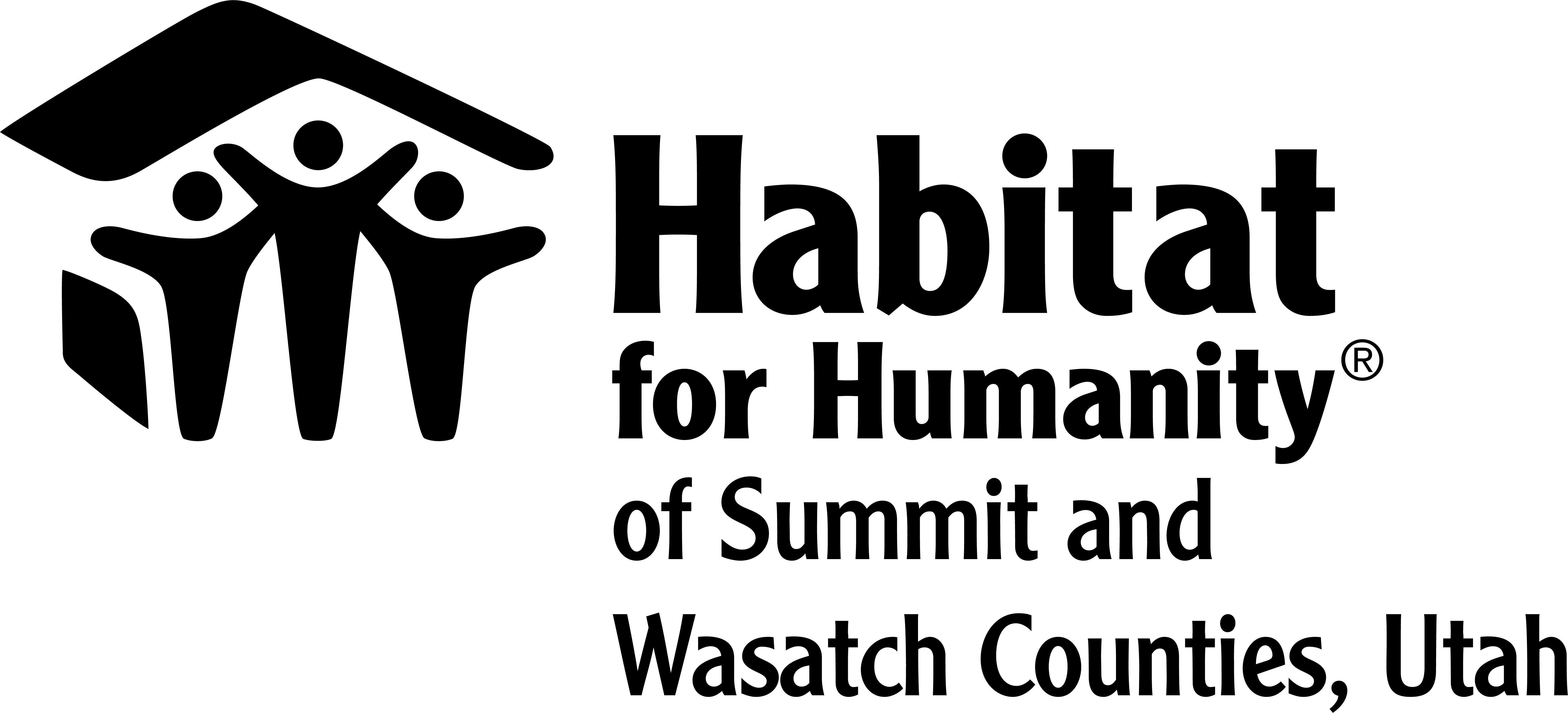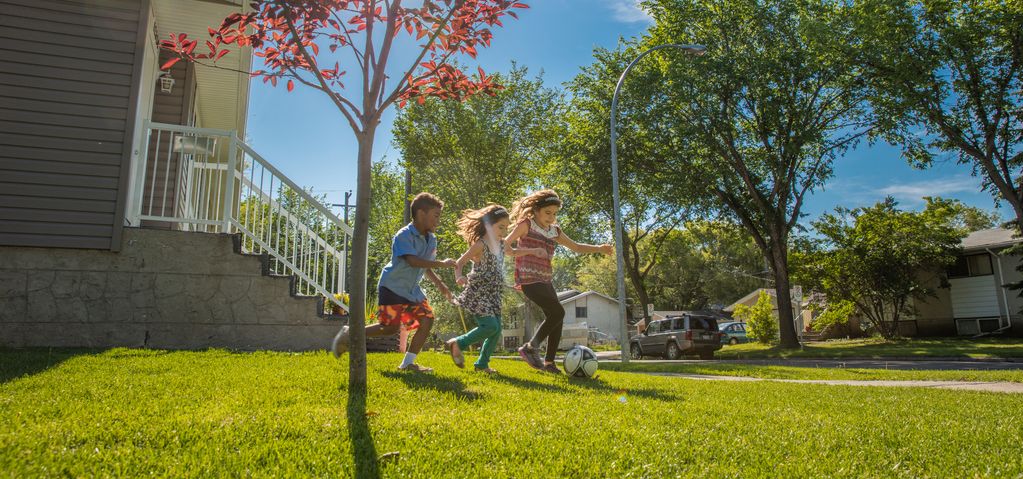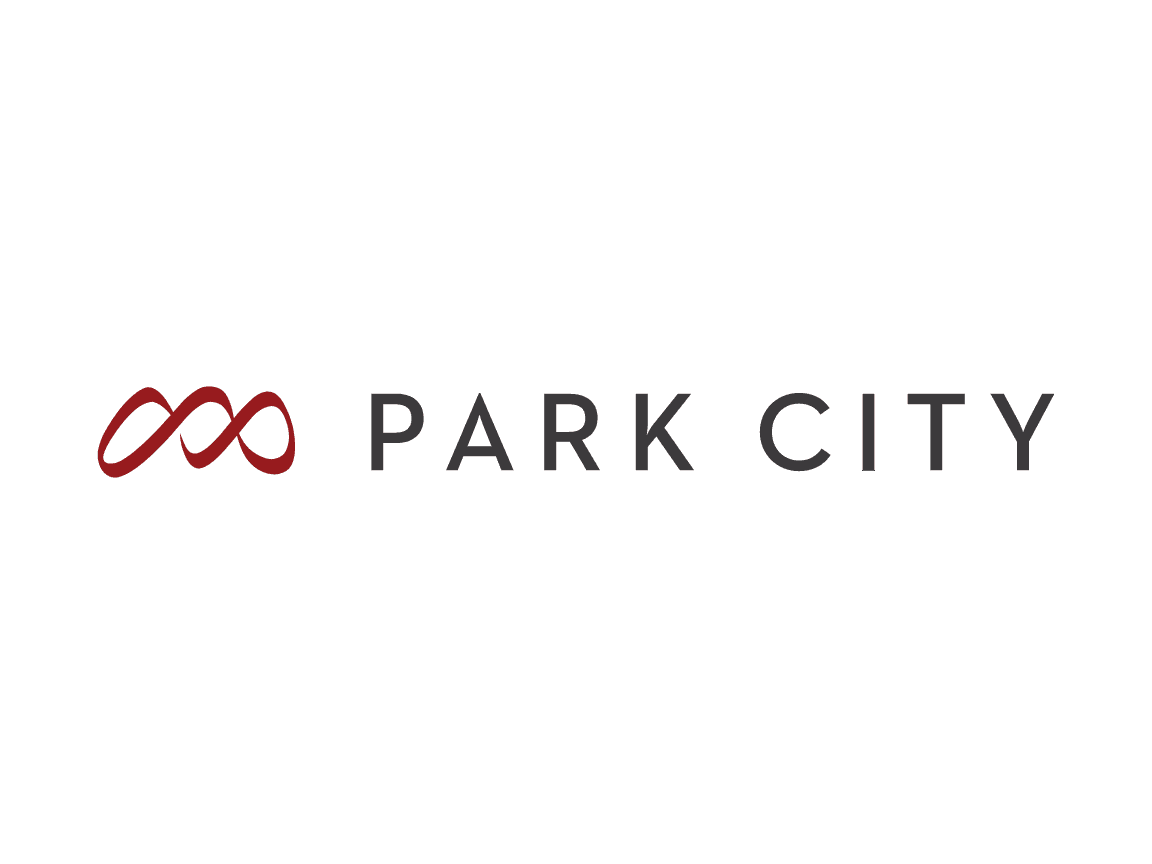- When was Habitat Founded?
- Is Habitat a Religious Organization?
- How Does Habitat Choose Homeowners?
- Where Does Habitat Get the Land to Build On?
- Does Habitat Give Away Homes?
- How Many Homes has Habitat Built?
- Where Do You Get the Money to Build the Homes?
- How Does Habitat Prevent Homeowners from Selling Homes for a Profit?
- Will Having a Habitat Home in My Neighborhood Affect My Home’s Value?
-
When was Habitat Founded?
Habitat for Humanity International was founded in 1976 by Millard and Linda Fuller in Americus, Georgia. Habitat for Humanity of Summit and Wasatch Counties was organized in Utah in 1995 and began as an all-volunteer organization.
-
Is Habitat a Religious Organization?
Habitat is a non-profit, non-denominational Christian housing ministry. However, Habitat openly welcomes applicants, donors, volunteers and supporters of all faiths. We need and appreciate everyone who supports our mission! Habitat does not discriminate on the basis of race, gender, religious affiliation, occupation or otherwise in its family selection process, and is an equal opportunity housing provider.
-
Habitat has three principal criteria for family selection: 1) need for decent housing; 2) ability to pay an affordable mortgage; and 3) willingness to partner with Habitat. Prospective homeowners must complete an application and provide Habitat with financial statements, tax returns and other information. They must also consent to credit, background and reference checks and home site visits.
Homeowners who successfully complete the application process are required to contribute 200 hours of “sweat equity” to build Habitat homes. Upon purchasing a home from Habitat, they must make monthly mortgage payments to us, which are used to pay for the construction of new homes for families in need. For more information on homeownership click here. Habitat does not discriminate on the basis of race, gender, religious affiliation, occupation or otherwise in its family selection process, and is an equal opportunity housing provider.
Habitat does not keep a wait list, but does have an email list for interested families to find out about homeownership opportunities. To add your name and email to the list, email your request to info@habitat-utah.org.
-
Where Does Habitat Get the Land to Build On?
Habitat obtains land and real property through a variety of means: purchases on the open market (often funded through grants or loan programs) or donations from individuals, businesses, and municipalities. The land for the 26 homes we are building in Silver Creek Village was a donation from the land developer. Our 2011 and 2013 homes were built on land donated by Park City Municipal Corporation.
Donations of land and real property are essential to help us keep our costs low, which in turn means we can provide lower-cost mortgages to our homeowners.
-
Does Habitat Give Away Homes?
Habitat does not give away homes. Homeowners are expected to partner with Habitat by contributing “sweat equity” (i.e., their own time and labor) towards the construction of their and other Habitat homes.
We sell the houses we build at cost, and we provide financing to homeowners through a 20- to 30-year mortgage, often at 0% interest. Homeowners make monthly principal payments to Habitat, which are deposited in a separate revolving fund (Fund for Humanity) and used solely to pay for the construction of new Habitat homes. Homeowners also make monthly payments towards property taxes, HOA fees, and hazard insurance on the home.
-
How Many Homes has Habitat Built?
Since 1976 Habitat for Humanity International has helped more than 35 million people obtain a safer place to sleep at night along with the strength, stability and independence to build better lives. Since 1995, Habitat for Humanity of Summit and Wasatch Counties has completed 22 homes in our community, benefiting 28 adults and 36 children who might not otherwise have had access to permanent, affordable housing.
-
Where Do You Get the Money to Build the Homes?
Habitat is a non-profit organization that relies almost exclusively on tax-deductible donations of money, materials and land, as well as labor, to support its activities. Habitat receives monetary donations from hundreds of area residents, businesses and organizations, and governmental entities including Summit County.
If you are interested in becoming a principal corporate and organizational partner, sponsor or supporter of Habitat for Humanity of Summit and Wasatch Counties, please contact Monika Guendner at monika@habitat-utah.org or 435.658.1400 x1008.
-
How Does Habitat Prevent Homeowners from Selling Homes for a Profit?
Habitat maintains a “right of first refusal” to repurchase any Habitat home that is proposed to be sold by a Habitat homeowner during the term of the mortgage. In that way, Habitat can ensure that the home remains in the affordable housing pool, and is not sold at an inordinate profit to the homeowner.
In addition, new Habitat homes have deed restrictions that only allow a three percent appreciation on the property, regardless of market forces. Because Habitat sells homes according to homeowners' incomes, mortgages are structured to encourage families to remain in the homes over a period of time, and they cannot flip them for a profit. If a family sells a home quickly, then under the terms of the mortgage most of the equity in the home would be paid over to Habitat. Generally, the longer a family remains in their home, the more “equity” they accrue, which benefits them financially.
-
Will Having a Habitat Home in My Neighborhood Affect My Home’s Value?
Most if not all Summit County developments are required to incorporate a certain amount of affordable housing, so the presence of any affordable housing in a neighborhood – whether developed by Habitat or others – should not, by itself, adversely impact home values.
Habitat, like any developer, is required to abide by local zoning and building codes, as well as HOA CC&Rs, and which includes historic designations if applicable and restrictions on exterior appearance, landscaping and the like. As part of their partnership with Habitat, prospective homeowners are required to take a homeowner education class and may be required to take home maintenance classes. They are also provided with home maintenance and care guidelines.
Generally speaking, it is usually difficult to tell a completed Habitat home from any other home in a neighborhood. There is no reason the presence of a Habitat home negatively affects others’ home values.

















